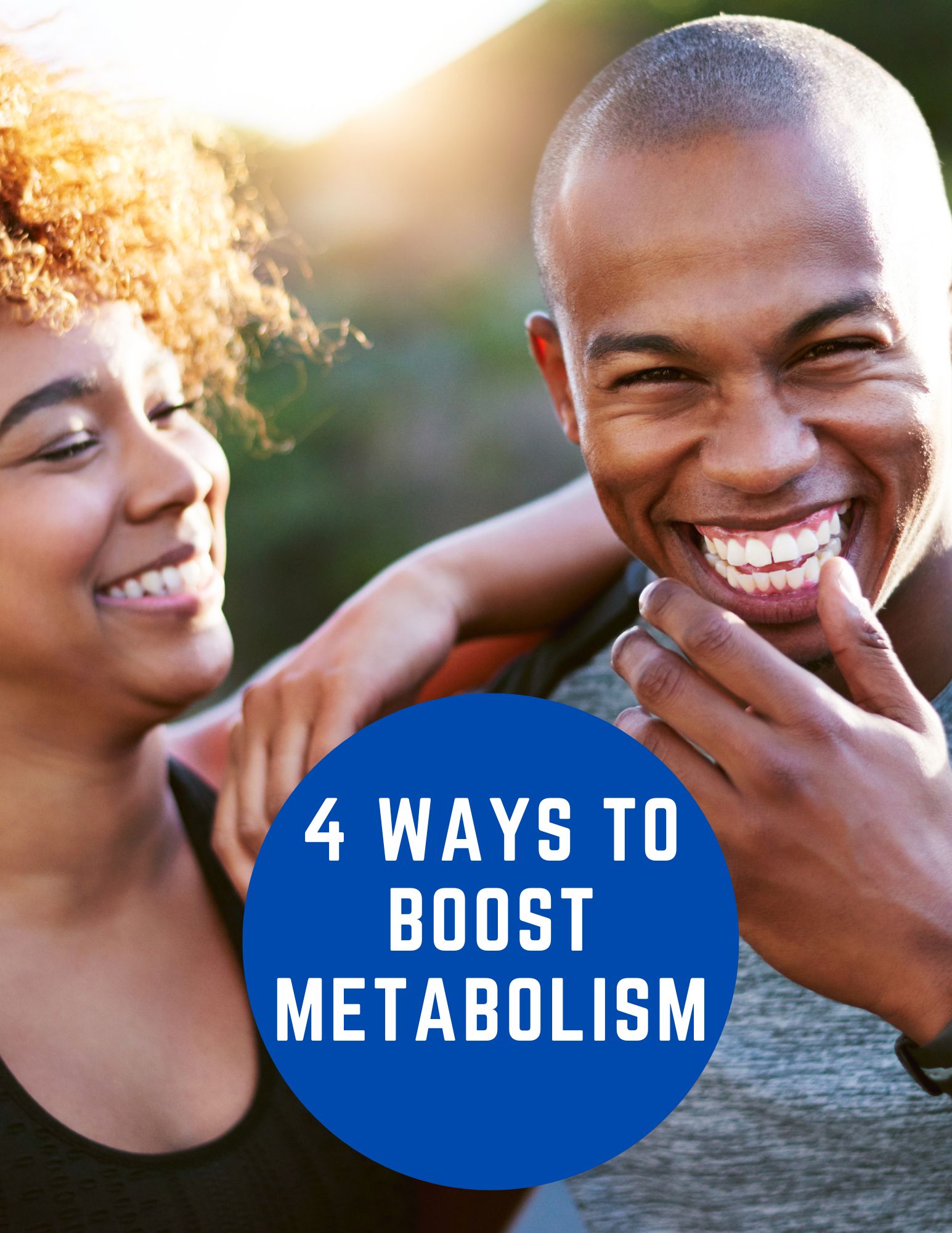Understanding the Gut-Brain Connection
Have you ever felt a gut-wrenching decision or a gut feeling about something? This common phrase might hold more truth than we realize. The gut-brain axis, a complex communication network between the digestive system and the central nervous system, is at the heart of this connection.
Our gut is often referred to as our “second brain” due to the vast number of neurons and neurotransmitters it contains. Home to trillions of microorganisms, the gut microbiome plays a pivotal role in various bodily functions, including digestion, immunity, and, surprisingly, mood regulation.
The Role of Inflammation in Mental Health
Chronic inflammation is linked to a variety of health issues, including depression and anxiety. When the body is in a constant state of inflammation, it can disrupt the delicate balance of neurotransmitters, leading to mood disturbances.
Research suggests that the gut microbiome can influence inflammation levels throughout the body. An imbalance of gut bacteria, often called dysbiosis, may contribute to increased inflammation and mental health challenges.
Probiotics: Nourishing Your Gut and Mind
Probiotics are beneficial bacteria that support the balance of your gut microbiome. Consuming probiotic-rich foods or supplements can help restore gut health and potentially improve mental well-being.
- Reducing Inflammation: Probiotics have anti-inflammatory properties that can help reduce inflammation throughout the body, including the brain. This reduction in inflammation can lead to improved mood and overall mental health.
- Balancing Neurotransmitters: Some probiotics produce neurotransmitters like serotonin and GABA, which are essential for mood regulation. Serotonin, often called the “happy hormone,” is crucial for feelings of happiness and well-being. GABA helps to calm the nervous system and reduce anxiety.
- Strengthening the Immune System: A healthy gut is essential for a strong immune system. Chronic inflammation and imbalances in the gut microbiome can weaken the immune system, potentially contributing to mental health issues. By supporting gut health with probiotics, you can indirectly boost your immune function.
- Improving Digestive Health: Digestive issues are often linked to mood disorders. Irritable Bowel Syndrome (IBS) and other gastrointestinal problems can significantly impact mental well-being. Probiotics can help alleviate digestive discomfort, leading to improved mood and overall quality of life.
Incorporating Probiotics into Your Daily Routine
There are several ways to incorporate probiotics into your diet:
- Fermented Foods: Enjoy a variety of fermented foods such as yogurt, kefir, sauerkraut, kimchi, and kombucha. These foods are rich in beneficial bacteria that can support gut health.
- Probiotic Supplements: Consider taking a high-quality probiotic supplement. Choosing a supplement with strains that have been clinically studied for their benefits is essential. Consult with a healthcare professional to determine the best option for you.
While more research is needed to definitively pinpoint specific probiotic strains for depression, some strains have shown promise in preliminary studies. It’s essential to note that individual responses may vary, and consulting with a healthcare professional is crucial before starting any new supplement regimen.
Here are a few probiotic strains that have garnered attention for their potential mental health benefits:
- Lactobacillus acidophilus: This strain is commonly found in the gut and is associated with improved mood and reduced anxiety symptoms.
- Bifidobacterium longum: Research suggests that this strain may help alleviate symptoms of depression and anxiety by reducing inflammation.
- Bifidobacterium bifidum: Similar to B. longum, B. bifidum has shown potential in reducing symptoms of depression and anxiety.
- Lactobacillus casei: This strain has been linked to improvements in mood and overall well-being.
Important Considerations:
- Strain Specificity: Not all probiotic supplements contain the same strains or amounts. It’s essential to choose a product that lists specific strains and their counts.
- Dosage: The effectiveness of probiotics can depend on the dosage. Follow the recommended dosage on the product label or consult with a healthcare professional.
- Combination Therapy: Probiotics may work best in combination with other lifestyle factors, such as diet, exercise, and stress management.
- Individual Response: The impact of probiotics on mental health can vary from person to person. It may take several weeks to notice any benefits. Probiotics for Depression: How They Work, Effectiveness, How to Try – Healthline www.healthline.com
Supporting Your Overall Well-being
While probiotics can be a valuable tool for improving mental health, adopting a holistic approach to well-being is important. Consider incorporating the following practices into your daily routine:
- Stress Management: Engage in relaxation techniques like meditation, yoga, or deep breathing to manage stress levels.
- Regular Exercise: Physical activity helps reduce stress, improve mood, and boost overall well-being.
- Sufficient Sleep: Prioritize quality sleep as it is crucial for mental health.
- Healthy Diet: Consume a balanced diet rich in fruits, vegetables, whole grains, and lean proteins.
- Limit Processed Foods: Reduce your intake of processed foods, as they can negatively impact gut health.
Conclusion
The connection between gut health and mental well-being is becoming increasingly clear. By incorporating probiotics into your lifestyle and adopting a holistic approach to well-being, you can support your mental health and enhance your overall quality of life.
If you’re struggling with depression or anxiety, it’s essential to seek professional help. Probiotics can be a valuable complementary approach, but they should not replace traditional treatment.
Remember, everyone is unique. What works for one person may not work for another. It’s important to listen to your body and find what works best for you.



